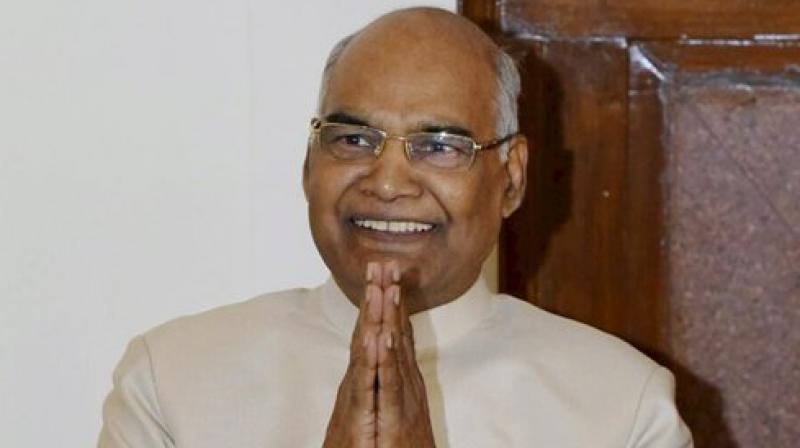Dilli Ka Babu: Goodbye pay panels?

Central government babus are unhappy with the 7th Pay Commission, feeling let down by the government’s decision not to give them revised allowances with arrears from July 2016 onwards as demanded. Further, it is very likely that there will be no more pay commissions. The government is of the mind not to appoint pay commissions every 10 years. Instead, it is now considering adjusting salaries of its 4.8 million employees and 5.2 million pensioners every year after taking inflation into account.
Sources say that the government is seriously considering a recommendation by the 7th Pay Commission that the pay matrix may be reviewed periodically without waiting for the long period of 10 years. If the government decides to accept it, it will be a significant departure from the past. This would mean that babus will not have to wait for 10 years for the formation of a pay commission to review their salaries and pension. It would also hopefully lead to less drama around the event.
All the President’s men
President Ram Nath Kovind has been provided a new power-packed team to assist him at the mansion on Raisina Hill. Former Haryana cadre IAS officer Sanjay Kothari and chairman of Public Enterprises Selection Board, has been appointed as secretary to the President. He will lead the new team which also includes senior Gujarat-cadre forest service officer Bharat Lal as joint secretary and veteran journalist Ashok Malik as Mr Kovind’s new press secretary. But the question on everyone’s mind is what role did
Mr Kovind have in picking his own team? Selecting the President’s aides is a delicate task, as veteran babu observers note. Though in recent times Presidents have enjoyed an amiable relationship with the PM and the government, it has not always been the case in the past. A President with an independent line of thinking can sometimes queer the pitch for the government. Going by the traits shown by the Centre, it is likely that Mr Kovind’s team was carefully chosen for him, keeping in mind the dynamics involved in this delicate relationship. It pays to be prudent in such matters and no government would like to rock the boat so early into a new President’s tenure.
Keeping ’em pure!
West Bengal babus continue to face the brunt of the chill between chief minister Mamata Banerjee and the Centre. This column had earlier reported about the CM’s reluctance to allow babus from the state to apply for Central deputation, fearing “indoctrination” of her officials in Delhi. But it’s not easy for babus returning to the state either. Ms Banerjee wants to send IAS officers to undergo a “cooling period” after Central deputation before they rejoin the departments assigned to them in the state. Moreover, such officials will be assigned to the chief minister’s office or to departments.
Five 2015-batch IAS officers who were assigned to the Union home ministry for a three-month mandatory period as assistant secretaries will be the first set of babus to undergo this “cooling off” when they return to the state after their stint at the Centre. Sources say these babus will undergo “counter-induction” programme as under-secretaries, either with the CMO or some other state department for period of three to six months before getting their own assignment. Another nine IAS officers of the same batch will also go through a similar cooling off period. The system of compulsory three-month deputation for new IAS officers with different Union ministries after they pass out from Mussoorie-based Lal Bahadur Shastri National Academy of Administration was introduced by the Narendra Modi government. Since the state government has no say in it, Ms Banerjee has chosen a unique “shuddhi karan” or purification of babus when they return to the state.

